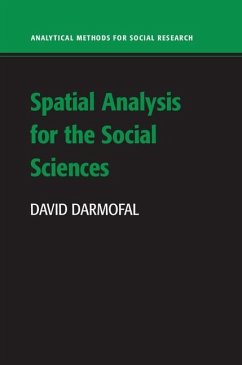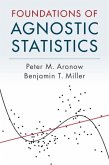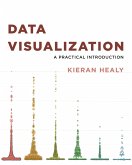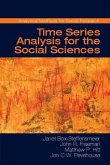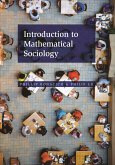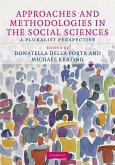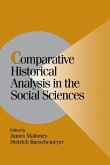Many theories in the social sciences predict spatial dependence or the similarity of behaviors at neighboring locations. Spatial Analysis for the Social Sciences demonstrates how researchers can diagnose and model this spatial dependence and draw more valid inferences as a result. The book is structured around the well-known Galton's problem and presents a step-by-step guide to the application of spatial analysis. The book examines a variety of spatial diagnostics and models through a series of applied examples drawn from the social sciences. These include spatial lag models that capture behavioral diffusion between actors, spatial error models that account for spatial dependence in errors, and models that incorporate spatial heterogeneity in the effects of covariates. Spatial Analysis for the Social Sciences also examines advanced spatial models for time-series cross-sectional data, categorical and limited dependent variables, count data, and survival data.
Dieser Download kann aus rechtlichen Gründen nur mit Rechnungsadresse in A, B, BG, CY, CZ, D, DK, EW, E, FIN, F, GR, HR, H, IRL, I, LT, L, LR, M, NL, PL, P, R, S, SLO, SK ausgeliefert werden.

